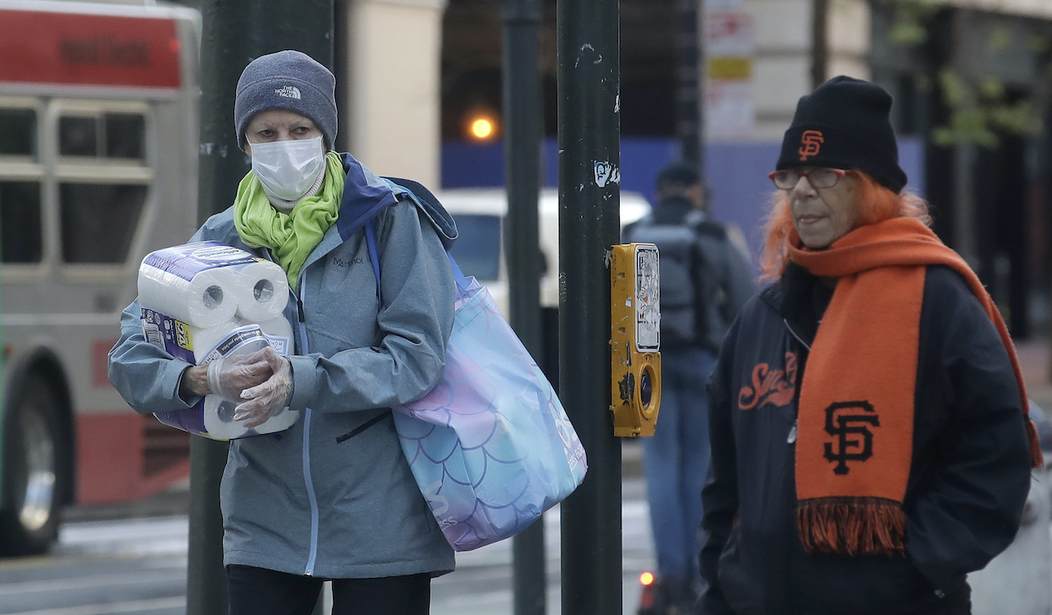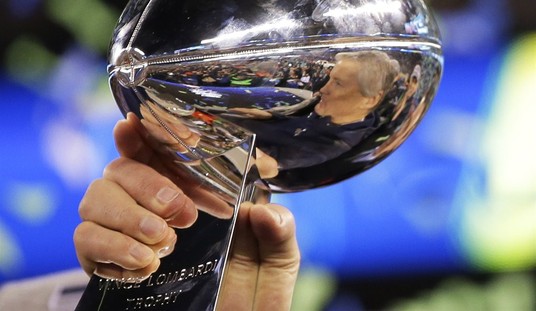Three years after the start of the COVID-19 pandemic, it’s not uncommon to see people wearing masks in public. I try not to judge people when I see someone wearing a mask; after all, the person may have a legitimate need to wear a mask.
But what I’ve noticed is that there seem to be a lot of healthy younger people — teenagers and people in their early 20s — who wear masks often, and I have a difficult time understanding it.
I’ve had a theory about this phenomenon for some time. I think some people like to keep masking because it makes them feel anonymous. I’m convinced that some people want to literally hide behind a mask.
A recent study doesn’t quite prove my hypothesis per se, but it comes awfully close.
“Researchers from Seoul National University in South Korea wanted to see if self-perceived attractiveness played a role in people’s mask-wearing intentions,” reports the Daily Mail. The researchers conducted three studies of Americans to determine how perceptions of attractiveness affect mask-wearing.
Related: What a New Poll Said About Masking Kids Might Make You Angry
One of the studies involved having participants imagine going to an interview for a job they were really interested in.
They were asked to answer the following questions: “Do you think the interviewers will perceive you as more attractive with a face mask?” and “If wearing a face mask is optional in this interview session, would you wear a face mask during the company interview?”
People who scored themselves as very attractive were less likely to answer yes. They were also less likely to endorse the belief that mask-wearing enhances their appearance, which further dampened their mask-wearing intention in job interviews.
On the flip side, people who thought that an interviewer or potential boss would think someone in a mask would come across as more trustworthy, competent, or attractive were more likely to wear a mask in public settings.
The study authors wrote: “Overall, we provide a novel finding that self-perceived attractiveness has significant effects on mask-wearing intention via mask attractiveness belief in the post-pandemic of COVID-19.”
And here’s where the study dovetails with my theory about people using masks as a sort of barrier between themselves and others.
“Our findings suggest that mask-wearing can shift from being a self-protection measure during the COVID-19 pandemic to a self-presentation tactic in the post-pandemic era,” the researchers conclude.
Mask-wearing is definitely down from where it was at the beginning of the pandemic. An Ipsos poll from last fall showed that only 37% of people surveyed admitted to wearing masks regularly.

We’re learning more about the ineffectiveness of masks in terms of preventing the spread of COVID and other similar diseases. Brand-new research from the Cochrane Institute shows that surgical masks decreased the chances of catching COVID or another flu-like disease by only 5%.
Yet we see people continuing to wear masks, although less often than we used to. Perhaps mask-wearing is rooted in issues of attractiveness and self-worth, as this study suggests. Or maybe masks are serving as more of a psychological barrier than a viral one.










Join the conversation as a VIP Member